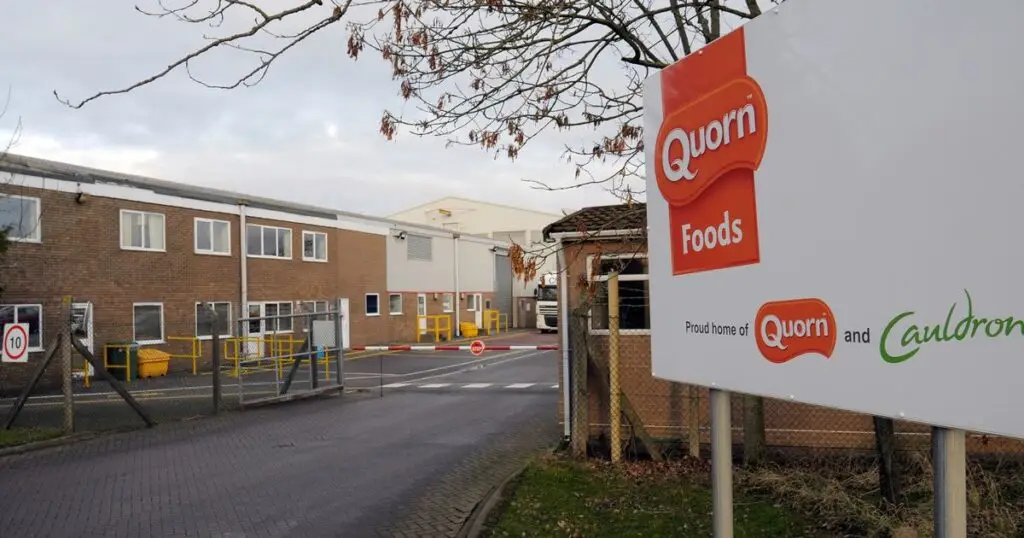Marlow Foods, the company behind the meat-free brand Quorn, has reported a significant financial downturn, posting a pre-tax loss of £63.4m for 2023. This follows a previous loss of £15.4m in 2022 and contrasts starkly with a profit of £7.3m in 2021.
Newly filed accounts at Companies House revealed that the company’s revenue declined from £220m to £204.9m over the past year. The decline in the meat-free category in the UK and US markets, driven by the ongoing cost-of-living crisis, was cited as a significant factor. Despite these challenges, the company saw continued growth in its food service sector, which partially offset the declining retail sales.
Quorn’s retail revenue fell from £186.7m to £170.7m, whereas food service sales increased marginally from £26.6m to £27.9m. However, revenue from quick-service restaurants experienced a decline, dropping from £6.7m to £6m. The company’s overall UK revenue decreased from £172.8m to £161.1m, notwithstanding a growth in Europe from £26.8m to £28.7m. Sales in other regions also saw a dip, falling from £20.3m to £15m.
Marlow Foods, which is owned by Philippines-based Monde Nissin, produces and sells Quorn-branded products across various markets, including the UK, Europe, Australia, South East Asia and the US. The company also sells Cauldron-branded products within the UK. However, the firm has seen a reduction in its workforce, with the average number of employees falling from 934 to 874 over the year.
A statement approved by the board highlighted the impact of inflationary pressures during 2023, particularly the rising costs of energy, commodities, and other inputs. Although these pressures eased throughout the year, costs remained elevated. The group took steps to mitigate the impact through competitive sourcing, selective forward purchasing, and internal efficiency initiatives. Additionally, some product prices were increased to recover rising input costs.
However, the group emphasised its commitment to protecting customers from increased costs, and as a result, inflationary input cost increases were only partially recovered through price adjustments. The company remains focused on returning to sales growth and profitable trading, considering known macro-economic and geopolitical risks.
Looking ahead, Marlow Foods plans to navigate these challenges while aiming for a return to growth and profitability, despite the complex economic environment.


